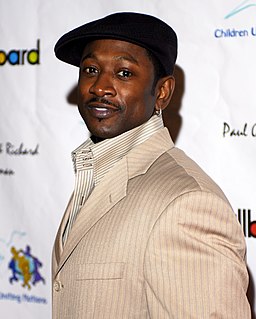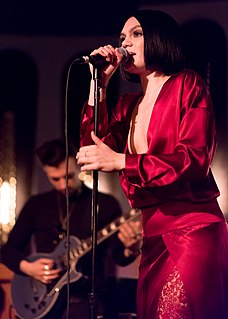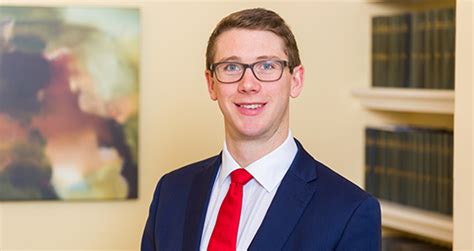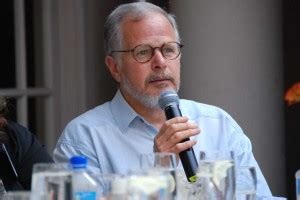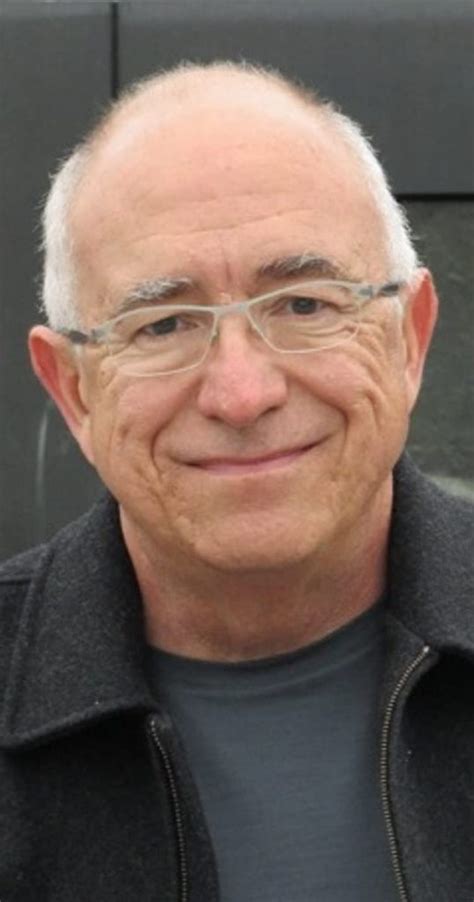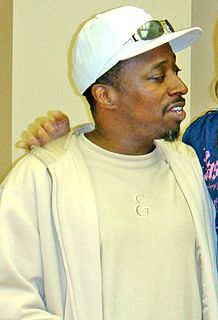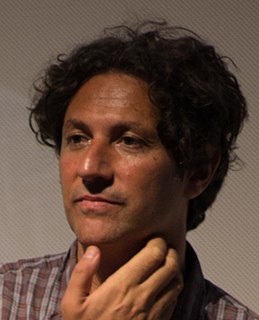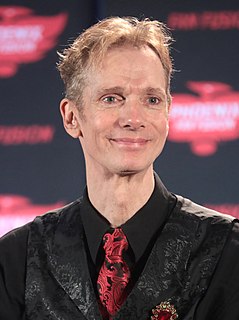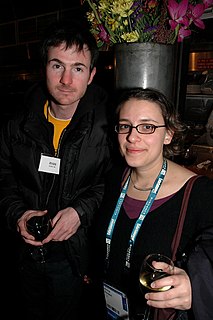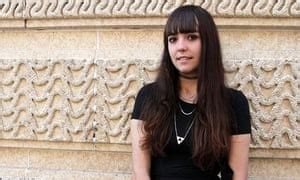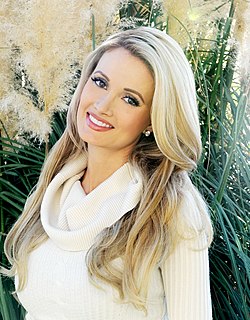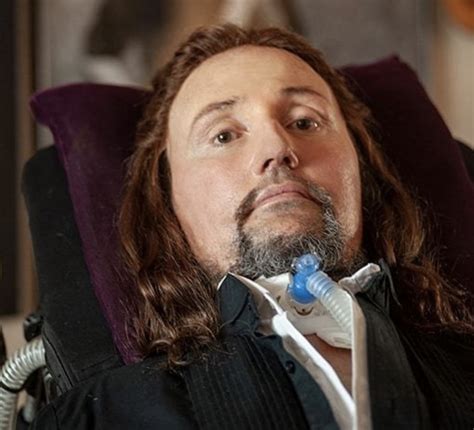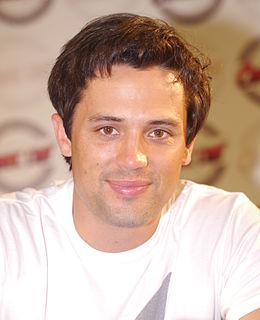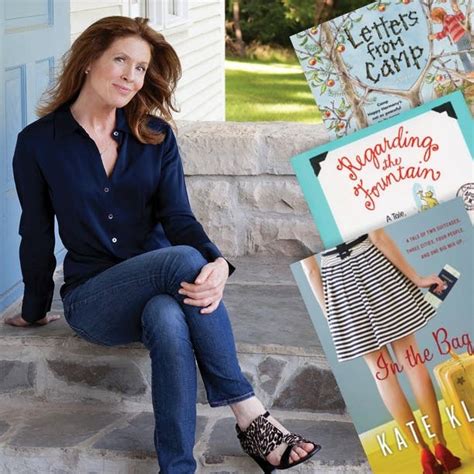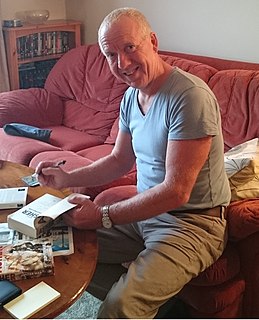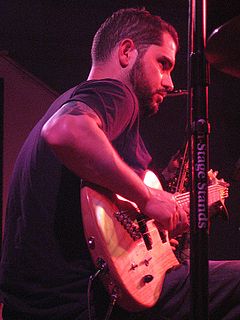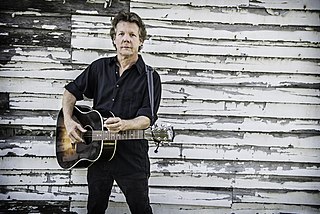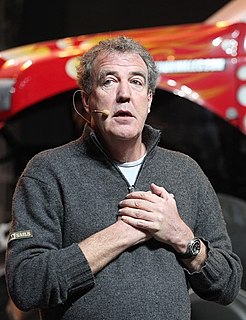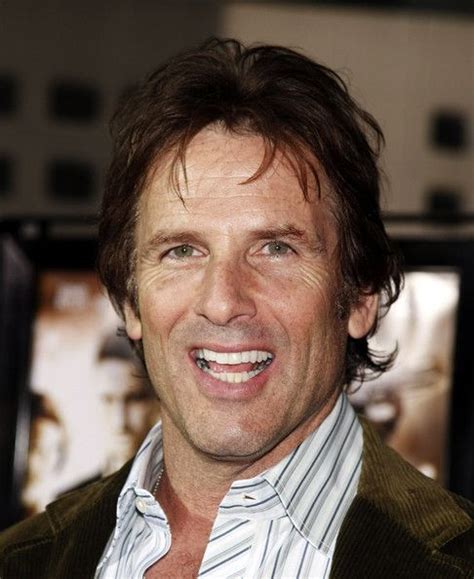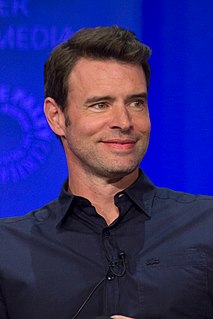Top 858 Editing Quotes & Sayings - Page 12
Explore popular Editing quotes.
Last updated on December 22, 2024.
If you are a professional writer - i.e., if someone else is getting paid to worry about how your words are formatted and printed - Emacs outshines all other editing software in approximately the same way that the noonday sun does the stars. It is not just bigger and brighter; it simply makes everything else vanish.
Children used to get bullied at school. Now they go home, and that's where the problem starts - because they sit on their phones all night, thinking about who's 'liked' a photo of them, who hates them, who loves them. They don't know what's real and what's not, editing their lives constantly to fit other people's views.
I have really been fortunate, incredibly privileged, to have done so much editorial work, and I would love to do more. But just as my editions have tried to balance the familiar with the new, the commercial with the scholarly, so too I have to admit that I don't want to do editing for the sake of it, and some possible projects would be of uncertain value to me.
I used to work for a succession of software editing companies that would have contracts with state and federal agencies. And I would be the documenter of meetings, sometimes doing limited business analysis. I began to become quite cynical about how the world works. It works on ineptitude and inefficiency and a kind of passiveness.
If, like me, you've never watched 'Game of Thrones', the podcast 'Binge Mode: 'Game of Thrones'' ought to be unlistenable. It isn't, thanks to the energy of the two expert presenters Mallory Rubin and Jason Concepcion, who have the wit to laugh at their own deep-dive devotion and are helped out by some smart editing.
If you take a big epic novel and you shoot it, when you get to the editing room you notice that it has 2 million climaxes, which fill the whole 90 or 100 minutes. Then you realize you can't cut them out because if somebody is dying and you cut that out it seems like they just disappear from the film.
I know the pleasure you get from making your films. The intense involvement in every aspect: the acting, the camera, the colors, the costumes, even the hair and makeup. Editing is thrilling. Everything to do with films is absorbing - everything but the money part, the business. But I'm deeply glad I've had that experience.
Everything in comedy's got to be exactly right, which is why making a comedic film is kind of a difficult process, because, for most of the two years of shooting it and editing it and reshooting and all of that, it's not quite right. And it's only when you just at the end, you put the final polish on it, it becomes really funny again.
I'm attracted to directors in general because I appreciate the work and the job they have to do. I watched the post-production, I watched the pre-production... post-production is something that I'm very interested in and I did spend a lot of time in editing rooms when I was young pretending to be sick.
To me I don't deal with stress well at all, and it is stressful enough for me to deal with my own one character. So if I had to deal with all the characters and the special effects, and the editing and make the writing tweaks and do everything the director does, that would drive me to an early grave, and I just can't do it.
I was the Playmate editor for 'Playboy' for two years. I produced two years' worth of centerfolds. I did everything on that, from picking the girls to designing the sets to picking the wardrobe, coming up with themes, assigning the photographer, down to editing the photos and approving the retouching.
I kept shooting but started making drafts of the work, essentially spending a few days a month sequencing and editing, hanging things up on the board, showing them to trusted confidantes from in and outside the photo world. It started to take its shape naturally over time until I kind of ran out of ideas.
Great control and great discipline are necessary when you reach your own editing stage of the book, but in the early stages you have to be prepared to let anything happen and to get it wrong or go off track. The development of a character is not smooth or simple - it is as tricky as meeting someone new whom you would like to know better.
Photography is an individual passion of mine. I don't get paid to do it, although people offer me money. I do it because I love it, and if there's no money attached, I don't have to do anything. It's my weekend away, my vacation, whether it's an hour or five hours or editing photos on my laptop in the middle of the night. It gives me relief from all the other stuff.
I feel like the job in editing is to let the movie tell you what it is. So again, it's like sculpture. You just start taking away, you add a nose here, you cut off, like, the side of the cheek over here in the crease, and you have a face. But it really reveals to you what it means to be over time, and if you have enough time.
I spend time editing and massaging each note. Then I start layering with different instruments, adding harmonies, counterpoint, and whatever the song calls for. Then I arrange it into a whole piece, and decide where I need to add live musicians. It takes a lot of time, but it is very satisfying once it is complete.
I was fooled a bit during 'Laguna Beach.' I was 17, 18 years old, and I thought they just wanted to shoot a documentary, and that it probably wouldn't end up anywhere, anyway. Little did we know about the power of editing. I had no idea that it was going to be the soap drama that it was, but I picked up on that pretty quickly.
What naturally stops you making the film is there is no more money in the budget. That's really what it is. If you had an unlimited budget, if you were a billionaire and you financed your own movies, then you can either date, because you can sit in an editing room for six years, like Howard Hughes, and never finish anything.
I love to tell stories, but the making is less comfortable. I like to be private, and being in the middle of a film crew with the least amount of privacy is the discomfort of shooting a movie. For me, the editing is the great moment when I can bring back ideas and realize the movie for the last time before I hand it to the audience.
I had worked for a lot of directors whose work I didn't respect, and as I was editing material, I was thinking about how I would have shot the scenes and what I would have done to make the scenes better. After several years of that, I got to the point that I was pretty confident I could sit in the director's chair.
Our job as friends, mentors, parents, and writing coaches is not to write anyone's college essay. That's cheating. Plus, it sends a discouraging message to the teenager that he or she can't be trusted with this important assignment. Trust the student to write the essay, but verify that it gets done. Gentle editing and proofreading are allowed.
When you reach the editing stage, it is often the case that you can get too involved with the story to detect errors. You can see words in your head that aren't actually there on the page, sentences blur together and errors escape you, and you follow plot threads and see only the images in your skull.
You start to think in terms of making an album that might be greater than the sum of its parts. It's sort of like having a lot of footage and then editing it into something that will make sense to a viewer, you know. Sometimes it might involve even working on an older song that might complete that picture.
I was the Playmate editor for Playboy for two years. I produced two years' worth of centerfolds. I did everything on that, from picking the girls to designing the sets to picking the wardrobe, coming up with themes, assigning the photographer, down to editing the photos and approving the retouching.
When I use a direct manipulation system whether for text editing, drawing pictures, or creating and playing games I do think of myself not as using a computer but as doing the particular task. The computer is, in effect, invisible. The point cannot be overstressed: make the computer system invisible.
I love directing more than anything in the world, and I love being in the editing room. I love cutting. When I'm shooting, I cut it in my head anyway. That's not to say that it always turns out that way, but you have a sense when you're composing a sequence or a scene how you want it to look anyway.
I feel like the job in editing is to let the movie tell you what it is. It's like sculpture. You just start taking away, you add a nose here, you cut off like the side of the cheek over here in the crease and you have a face. But it really reveals to you what it means to be over time, and if you have enough time.
Children used to get bullied at school. Now they go home and that's where the problem starts - because they sit on their phones all night, thinking about who's 'liked' a photo of them, who hates them, who loves them. They don't know what's real and what's not, editing their lives constantly to fit other people's views.

